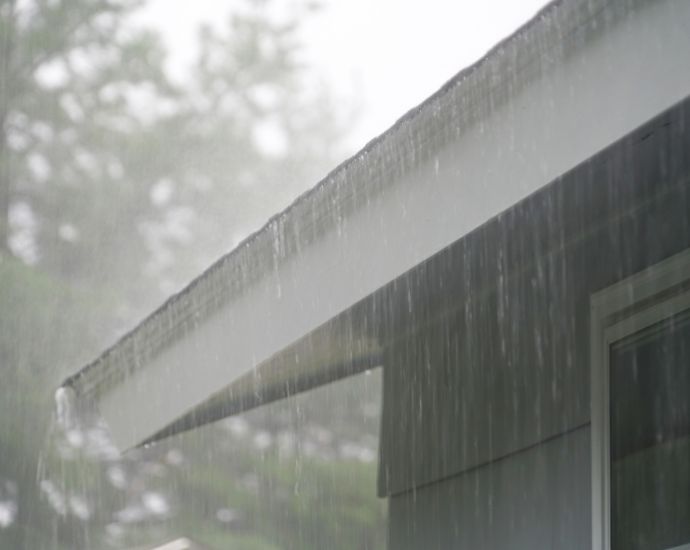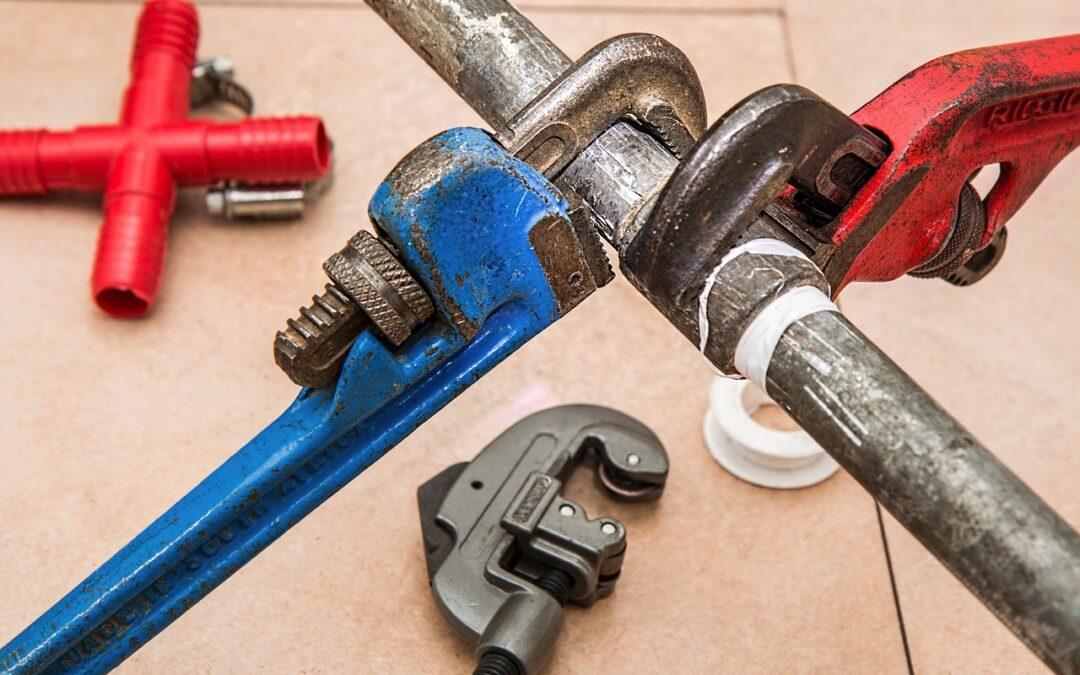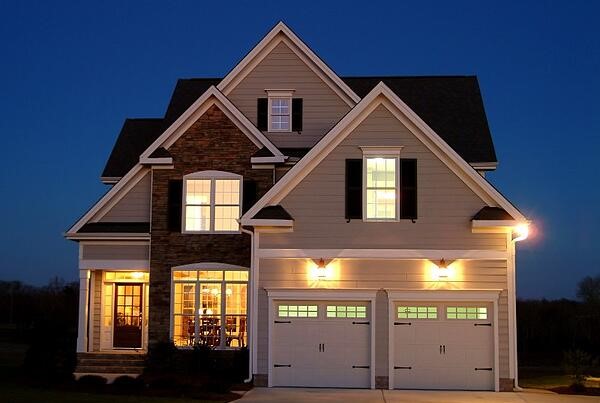Depending on your location, some weather events are unavoidable. If you live in a region with all four seasons, you can expect rainfall to play a significant role in weather patterns. Unfortunately, your home can suffer several consequences from excessive rainfall.
Your Roof Can Deteriorate
Your roof is one of the first things that can deteriorate when there is severe weather or excessive rainfall. When the gutters are poorly installed or damaged, rainwater will eventually have no clear path to follow for drainage.
Over time, the rain can collect on the roof and cause moisture build-up, rot, and failing shingles. After your home has experienced significant weather damage, it may be best to have your local roofing company come out and inspect the structural integrity of your roof and gutters.
Seals Begin Splitting
Your home’s exterior has a variety of sealed seams that provide protection from damage or infiltration of the building materials. But excessive rainfall can speed up the aging process of these sealants tenfold and lead to splitting or degrading. It’s best to have your seals inspected biannually when you experience all four seasons.
The Foundation Can Suffer
The roof and seals aren’t the only parts of your home susceptible to damage. When the top is worn, you can fully expect the bottom, or the foundation, to also suffer. The issue with a suffering foundation is the interior is now subject to a host of problems, such as mold, floor dips, and wood rot in the floor.
After having the roofing inspected and the gutter system realigned, ensure you have a contractor inspect the foundation. Any time moisture pools around the foundation and water is not draining away from the home, the foundation will show signs of struggle.
Sewage Can Back Up
Excessive rainfall can drastically impact a sewage system, especially if the system is older or has tree roots coming through the pipe work. You may see an interior flood near your main drain line, or you will notice your toilets and sinks are slow to drain.
If you’re seeing slow drainage, the entire sewage system is already backed up, and you’ll need to call a plumber immediately to have them check the sewer lines. While they may advise you to ride it out until the lines drain, they may also be able to run a snake through the system to help move things along.
The Basement Can Flood
One of the most common consequences of excessive rainfall on homes is basement flooding. And the issue with this is that it could result from any of the above-mentioned damages from poor gutter systems, cracked foundations, or backed-up sewage. If one or all of these is an issue, you can expect the basement to start taking on water. After a flood, you might need to consider the cost of a basement renovation and if your insurance will cover it. It might also be best to consider remodeling so that, should it flood again, it’ll be easier to manage.



